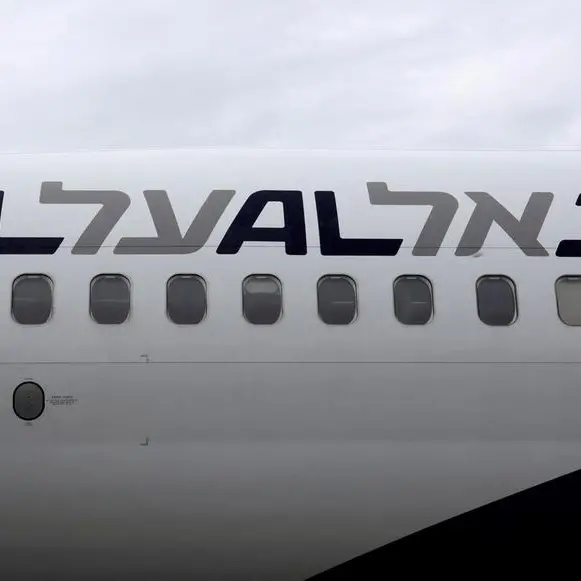PHOTO
The UAE is leading the Arab region when it comes to the adoption of artificial intelligence (AI) solutions, which is set to see an annual growth rate of 33.5 per cent, a new report has revealed.
The report by the Dubai Technology Entrepreneurship Campus, prepared in collaboration with ArabNet and startAD, also revealed that the UAE is followed by Saudi Arabia with an expected 31.3 per cent annual growth rate in the adoption of AI, the rest of the GCC region at 28.8 per cent, and Egypt at 25.5 per cent.
Ramesh Jagannathan, MD of startAD, said that AI today plays a significant role in enhancing the productive capacity of countries and boosting the global GDP. To maximise its benefits, countries need to adopt AI policies across diverse sectors.
"The UAE continues to rank high in several regional and global indicators, including competitiveness, innovation, and ease of doing business, owing to its advanced AI policy that paves the way for the implementation of various smart government components. Leading by example, the corporations in the UAE are actively preparing to leverage the strengths of AI to build defensible value for the future," he said.
According to PwC's 2017 forecasts, the contribution of AI to the global economy will increase to $15.7 trillion by 2030, and AI will contribute $96 billion, or 13.6 per cent, to the UAE's GDP by 2030.
"AI is disrupting and redefining every industry - from the pricing of risk and interest rates in the finance industry, to predictive diagnosis in healthcare," said Omar Christidis, CEO and founder of Arabnet. "Overall, AI can support process automation, personalisation, and improving customer experience - and organisations that implement it effectively will be able to gain a competitive edge over their peers and deliver impact to their bottom line."
The report also identified multiple solutions that AI can offer to companies, including operational applications, automation of robotic operations, reengineering of business processes, blockchain, big data analysis for marketing, customer care and data management, as well as using neural programming in talent search.
Speaking on the findings, Shahla Ahmed Abdul Razak, deputy CEO of Dubai Silicon Oasis Authority, said: "The results of the report reiterate our country's continued success in implementing the UAE Strategy for Artificial Intelligence. Omar bin Sultan Al Olama, Minister of Artificial Intelligence, highlighted the strategy's latest developments during the annual meetings of the UAE government in November 2018."
She added: "As a major tech campus for startups in the heart of Dubai Silicon Oasis, Dtec is keen to collaborate with pioneering research institutions and incubators, such as startAD, to produce accurate data analysis reports and contribute to enabling technology entrepreneurship in Dubai and the wider UAE. To achieve these priorities, we can leverage the flexible regulatory frameworks and comprehensive strategies established by the UAE leadership to support entrepreneurs, emerging businesses, and SMEs, and attract local and foreign direct investments to fund innovative ideas in emerging sectors, including AI and smart city applications." -business@khaleejtimes.com
Copyright © 2018 Khaleej Times. All Rights Reserved. Provided by SyndiGate Media Inc. (Syndigate.info).





















